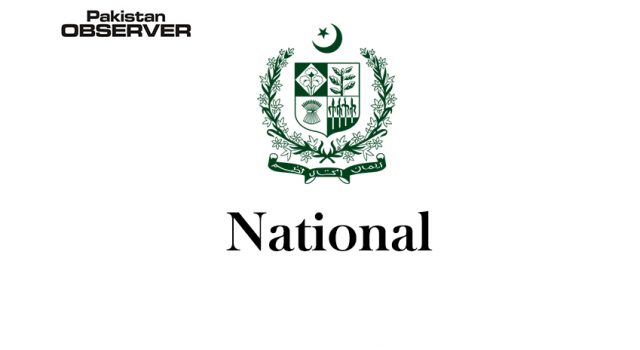Staff Reporter
Peshawar
Upper Indus Basin Network-Pakistan Chapter (UIBN-PC), a think tank of experts formed by International Center for Integrated Mountain Development (ICIMOD), has laid stress on protection and conservation of Indus Basis from the impacts of climate change and global warming. The call was made during first general meeting of Pakistan Chapter of UIBN held to review progress of Technical Working Groups and their future plans of action, says a press release issued here on Sunday.
‘The trans-boundary Indus River basin, shared by Afghanistan, China, India and Pakistan is ranked among the world’s most significant basins in term of human dependency on its water resources and agriculture livelihood, therefore special focus need to be given to this natural resource from protecting it from impacts of climate change and over exploitation due to population bulge,’ observed a gathering of more than 100 experts during the meeting.
Muhammad Riaz, Director General of Pakistan Meteorological Department and coordinator of UIBN-PC, welcomed the participants during his inaugural speech. He elaborated how climate change is adversely affecting the entire ecosystem. Ghulam Rasul of ICIMOD, informed that Upper Indus Basin is cryosphere of Pakistan that cannot be isolated and an integrated approach is required to assess and combat the changing climate.
In his key note remarks, Khalid Mohtadullah, Chair of UIBN said Indus Basin is home to nearly 215 million people and has seven main rivers originating from glaciers and snow filed in the Western Himalaya, Karakoram and the Hindu Kush. The Basin is source of 96 percent of irrigation water for over 16 million hectares of agriculture land, providing water to around 36 million acres of land in Pakistan. It also has potential to provide 60,000 MW of hydropower to the energy insecure country, he went on to say. Keeping in view of economic benefits from Upper Indus Basin, it will be suitable to say that our country’s economy is ‘water economy’, he remarked. He suggested for collaboration among beneficiary countries for launching a concerted effort to understand and share the ongoing changes in the UIB and provide viable adaptation or mitigation solutions.
Chairman Federal Flood Commission, Ahmad Kamal said his department is engage with World Bank over evaluating losses to Indus Basin due to stresses on resources from changing demographics and climatic conditions.










